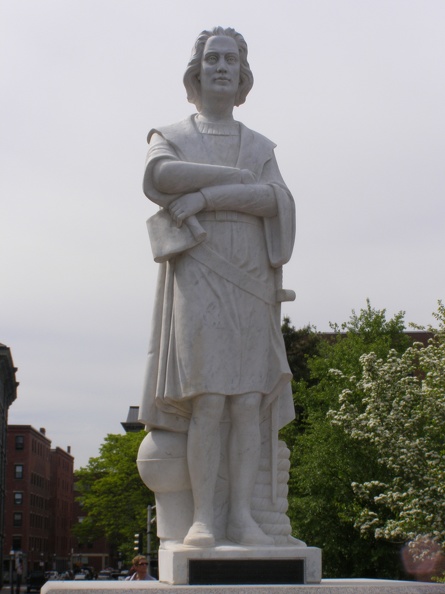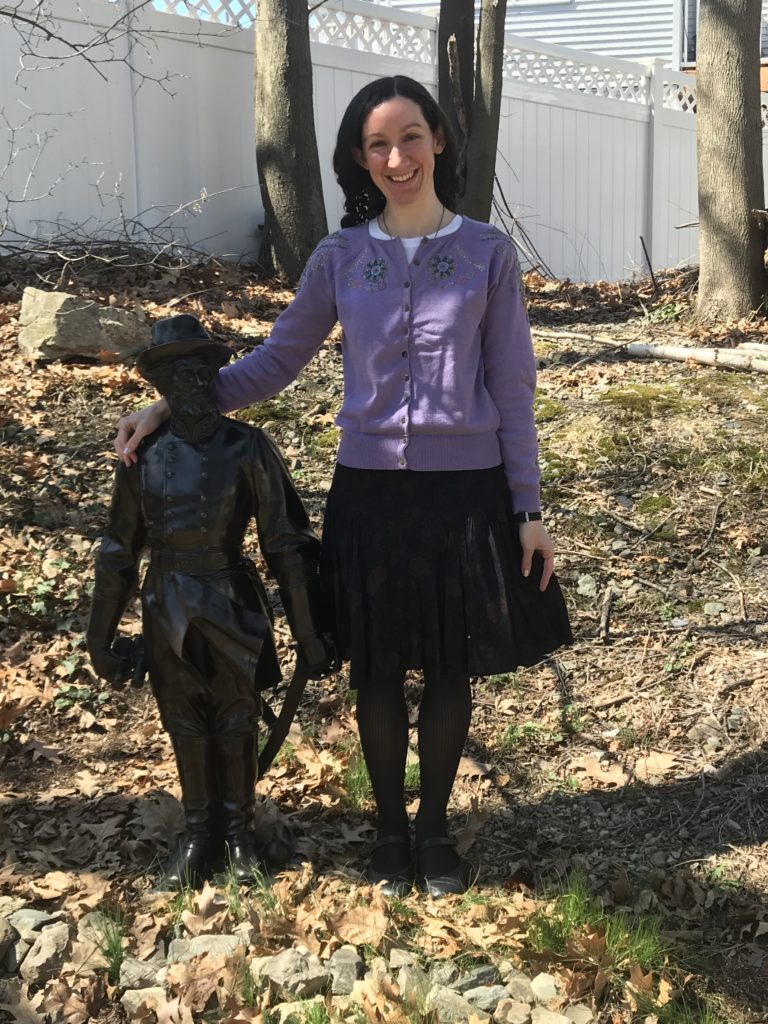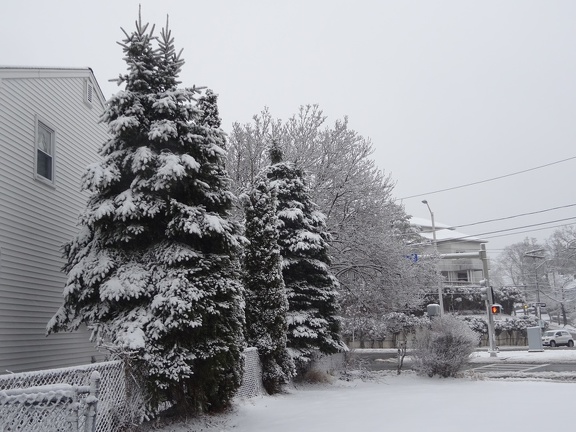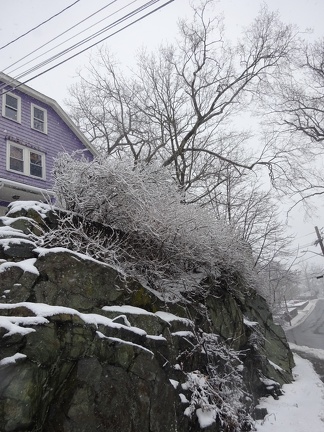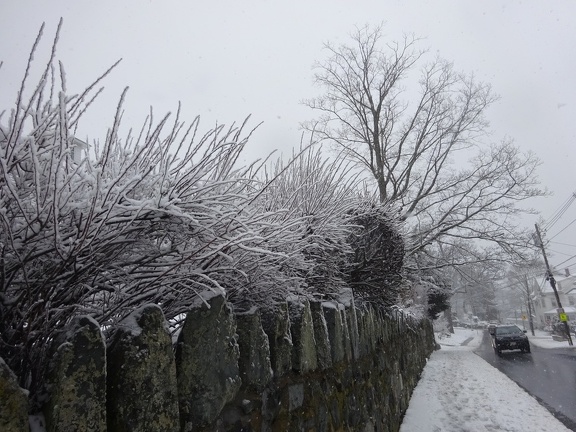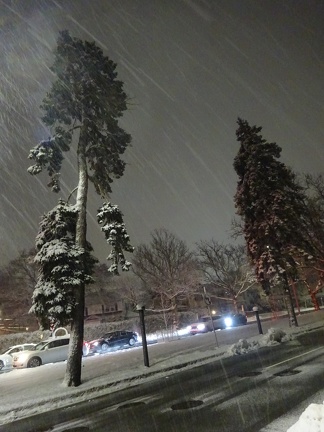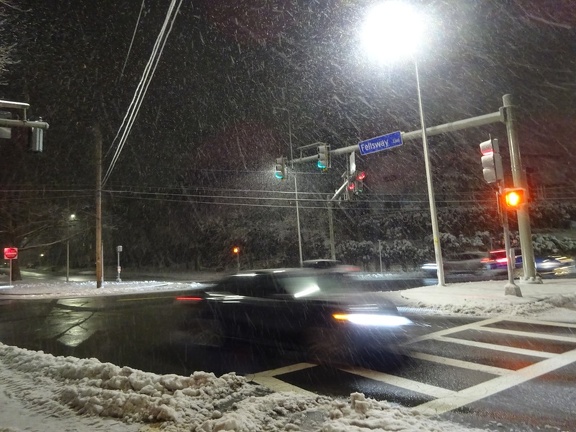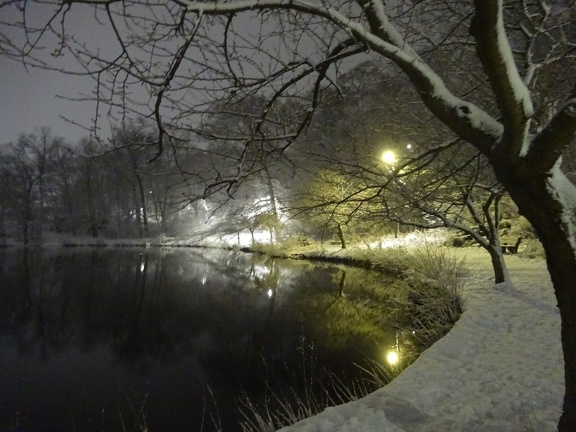This is the weekend of the Boston Marathon, an event that I have mixed feelings about, particularly since the city of Boston decided to completely reject the existence of people like me, first by deliberately removing the public art that symbolizes our acceptance and inclusion, next by abolishing the holiday that symbolizes our acceptance and inclusion and replacing it with a holiday celebrating people who have inflicted unbearable pain on us, and later by banning people who decline medical intervention from entering any restaurants, museums, gyms, sporting events, or theaters.
This weekend also marks the 10th anniversary of the Boston Marathon Bombing. On the anniversary itself, April 15, the Red Sox held a pre-game ceremony in honor of “One Boston Day.” Honestly, due to the things that I have experienced over the past three years, watching this ceremony was painful. There are no words to describe the anguish caused by seeing other people’s pain validated and their losses acknowledged, while my pain and loss remain unacknowledged, unrecognized, and ignored. While those affected by the bombing have been honored with a ceremony, applauded by a crowd of tens of thousands of people, and invited to throw the first pitch, there has been no ceremony for me, and no ceremony for Christopher, whose head was brutally torn from his body and smashed to pieces by a vicious bully (a bully whose identity remains unknown and whom police have seemingly made no serious effort to apprehend, because Christopher’s life does not matter to them). The community that embraced the survivors of the bombing, and rallied around them with a unanimous outpouring of support, has given me no special honors, no words of support, no compensation for my loss, and not even an acknowledgement that I have lost anything of importance. Despicably, society has reacted to my loss by rewarding the people who inflicted it and punishing me further.
Christopher’s life mattered, as much as Krystle Campbell’s, Lingzi Lu’s, or Martin Richard’s. What happened on June 10, 2020 was every bit as horrific, and every bit as harmful, as what happened on April 15, 2013. For me, it was a million times more so. The actions of the excuse for a person who ripped Christopher’s head from his body were every bit as immoral as the actions of the Tsarnaev brothers. Actually, I would go so far as to say they were infinitely worse.
So many words have been said and written about the strength, the resilience, and the courage that were displayed on that Patriots’ Day. So much praise has poured out from every conceivable direction for the victims, survivors, and first responders. But nothing has been said or written about what I have survived, what I have gone through.
The pain that has been inflicted on me over the past three years is as terrible as any pain that has been inflicted on anyone. My feelings are as important as anyone else’s, my perspective just as valid, my story just as worthy of being told. On this Patriots’ Day, as I do every day, I remember Christopher. It is impossible not to. He is the person I love. He is a hero who was brutally murdered when he could do absolutely nothing to defend himself. A hero whose brutal obliteration from the earth has been marked with no mourning, no commemoration, no outpouring of support for those who are grieving, and no acknowledgement that a loss even occurred. Despicably, it has even been celebrated.
Therefore, words about unity, togetherness, and “One Boston” are difficult to hear, given that the city has rejected me in a very real sense.
Today the Sox held another ceremony, this one honoring the team that won the 2013 World Series. “We are all Boston Strong,” the public address announcer told the crowd while explaining how the team and the city took inspiration from each other. Something in my heart changed upon hearing these words. Watching the now-retired players come out of the dugout and onto the field, some of them looking like they hadn’t aged a day and others looking decidedly scruffier and/or grayer, I was transported back to a simpler time, a happier time, a time before everything that made my life worth living was destroyed. I can’t quite wrap my head around how a city that enacted a holiday celebrating this destruction can simultaneously embrace me, can simultaneously include me among those deemed “Boston Strong.” But somehow, in a way that I don’t fully understand, I entertain the possibility that the “Boston Strong” descriptor might, just maybe, be intended to apply to me, too.
What has been done to Christopher, to those like him, and to myself, is the greatest injustice in human history. Most people will consider this statement ridiculous, but I truly believe it with every fiber of my being. While watching today’s ceremony, a crazy idea was born in my brain. What if I could somehow create some sort of foundation to commemorate Christopher and people like him, to fight back against this injustice, and to perhaps make an iota of progress in healing the indescribable harm that has been inflicted? Many, many people would hate such a foundation, and I’m not sure if anyone would donate money to it. I’m not even exactly sure what the foundation would do. But I want to try.
Tomorrow is the Boston Marathon. Most likely, I will not be watching it. The pain is still too strong, and the anger and bitterness still linger. Yet somehow, amidst the searing mix of emotions brought up by this anniversary, and alongside the almost unimaginable injustice that continues, I possess a glimmer of hope, and a feeling of lightness in my heart, which I did not have before. I feel something else as well: determination.
